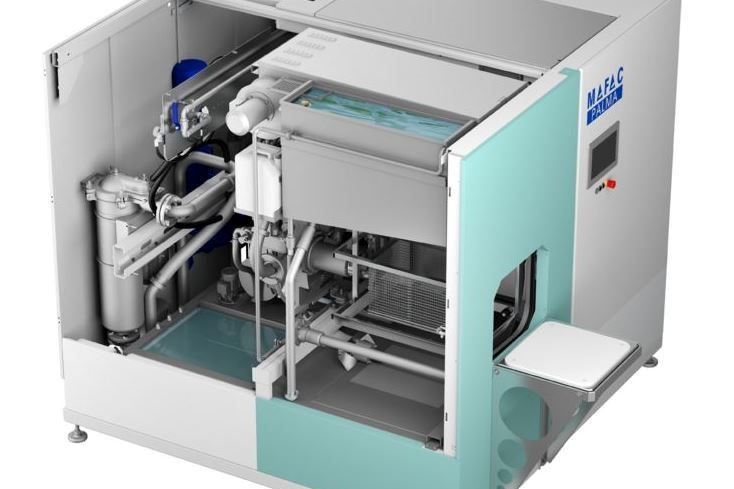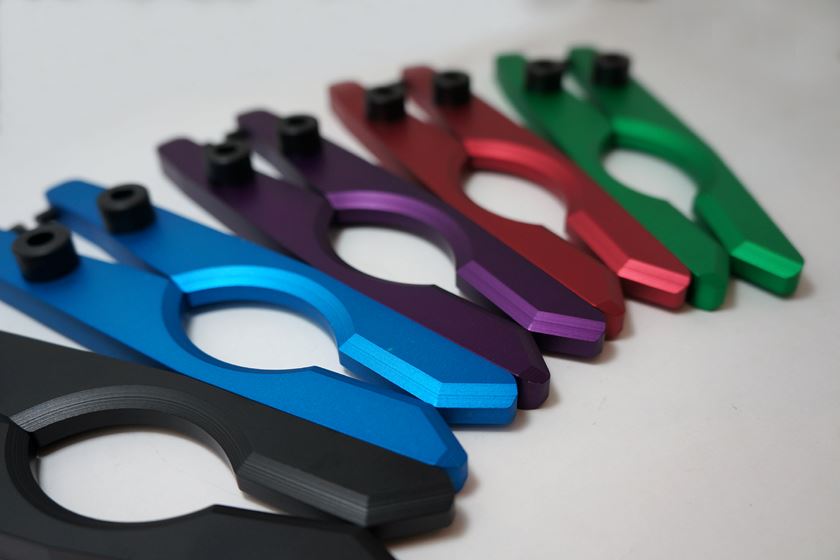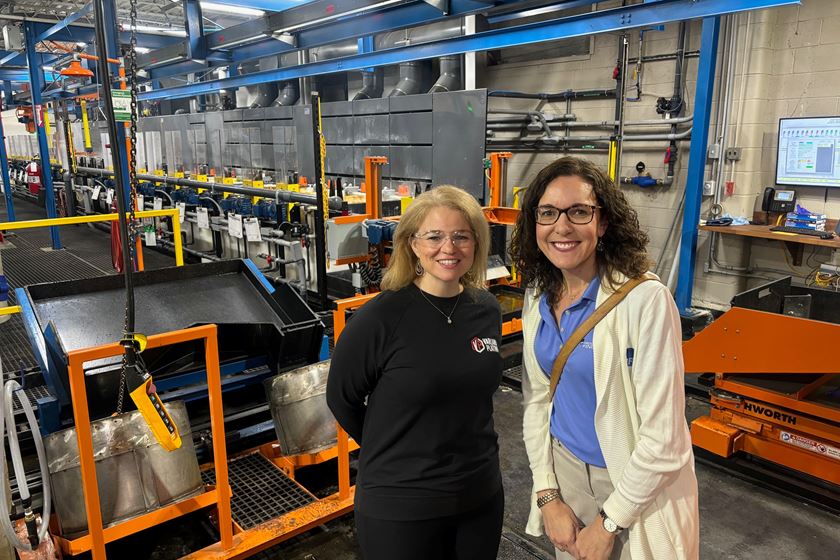Pretreatment for Powder Coated Aluminum Chairs
We have recently started manufacturing sand-cast LM6 aluminum chairs for a company in United Kingdom. They said that unless we baked it, it will not work with their powder coating. Air dried would not be acceptable. They want this undercoat because they advertise their chair to have a very long life—a rust-free, rot-free range of furniture. Can you tell us more about this pretreatment that you have suggested. Also whether it will last the period from our doing it till the buyers actually powder coat it.
Q. We have recently started manufacturing sand-cast LM6 aluminum chairs for a company in United Kingdom. They asked us to supply chairs with a basic undercoat so that they can easily powder coat on top of it. They sent us details of the undercoat as an epoxy zinc-rich primer that should be applied and then baked in an oven till 100°C. They said that unless we baked it, it will not work with their powder coating. Air dried would not be acceptable. They want this undercoat because they advertise their chair to have a very long life—a rust-free, rot-free range of furniture.
On enquiries locally and on talking to many people, we found that a zinc-rich coat is not advisable at all for aluminum and that we were being misguided. Everyone seems to suggest zinc chromatizing which is a greenish-yellow coat but that too will not last the 45–60 days that it is going to take for the chairs to reach our buyers from our yard and undergo powder coating. So most cases suggest that no undercoating will work if the gap is going to be in the range of 30–60 days.
Featured Content
I read your article on the web in which you have stated that “For instance, the best pretreatment for weatherablity and adhesion on aluminum products used in an outdoor Florida exposure is a chromate conversion coating (or Alodine). This process has a proven track record (20+ years) in the outdoor furniture industry where aluminum chairs are warranted for 20 years against finishing defects and corrosion."
Can you tell us more about this pretreatment that you have suggested. Also whether it will last the period from our doing it till the buyers actually powder coat it. B.S.
A. After reading this question I am reminded of the famous phrase from the movie Cool Hand Luke: “What we have here is failure to communicate!”
Your customer is most likely asking for a zinc-rich epoxy primer coating that is cured at 100°C (most likely a liquid coating and not a powder coating that would cure at 150°C). This material is applied by normal spray techniques and heat curing will ensure that the solvents have all been removed, making subsequent powder coating easier to perform. The same material is available in powder form, but would cure at 130–150°C. This coating will easily withstand storage up to 60 days.
You are thinking about chemical pretreatments that are applied to the surface prior to primer or topcoating. You are right that zinc conversion coatings do not work on aluminum. Furthermore, the Alodine or chromate conversion coating that I had previously discussed is another type of chemical conversion coating used to pretreat aluminum prior to powder or liquid coating. Neither of these coatings should be considered undercoats or primers. Rather they are chemical conversion coating used to pretreat surface prior to paint and will not provide adequate protection for 60 days in storage.
RELATED CONTENT
-
Removing Cured Powder Coatings
Question: What methods are available for removing cured powder coatings, and what are the pros and cons of these methods?
-
Developments and Trends in Powder Coating
New solutions for powder coating centers combine powder preparation, conveyance, dosing and color changes into a fully automated, closed system.
-
Understanding Infrared Curing
Infrared cure is gaining increased attention from coaters as a result of shorter cure cycles and the possibility of smaller floor space requirements when compared to convection oven curing.


















